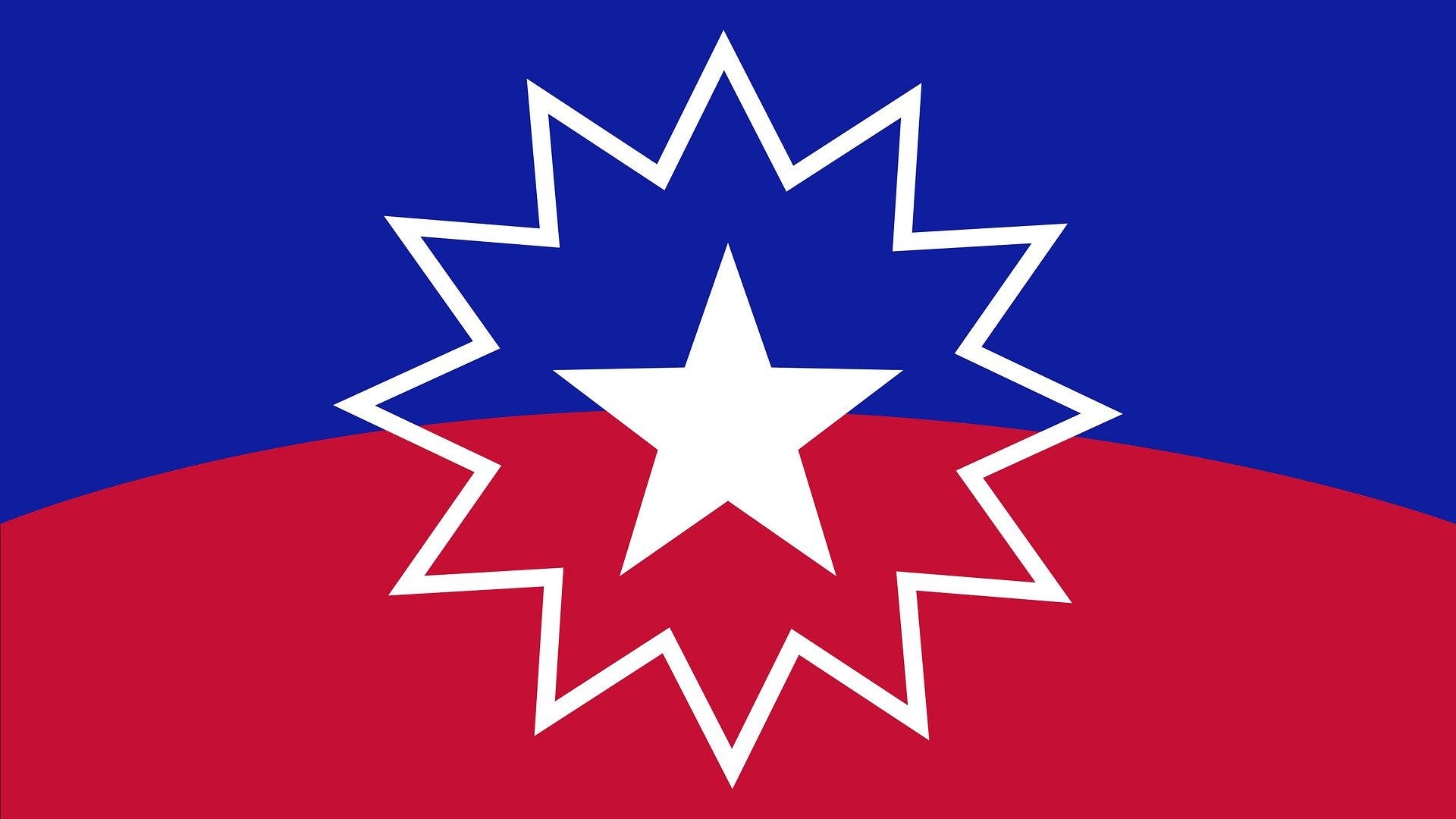White people, there’s a lot to learn

Now that it’s a federal holiday, most white folks at least know about Juneteenth
But we may not be clear on what it means. Juneteenth commemorates June 19, 1865, the day when Major General Gordon Granger led a group of Union soldiers to Galveston, Texas. There he read out General Order Number 3, which stated that the war was over, the Union had won, and that slavery would no longer be tolerated.
The Emancipation Proclamation had been signed over two years previously, but this marked the first time that enslaved people in Texas learned that they were no longer chattel. By law, they could leave their enslavers and the forced labor camps, aka plantations, they’d been consigned to by the “peculiar institution.” Or if they chose to stay, they would be considered hired workers and paid for their labor. In part, the order read:
“The people of Texas are informed that in accordance with a Proclamation from the Executive of the United States, all slaves are free. This involves an absolute equality of rights and rights of property between former masters and slaves, and the connection heretofore existing between them becomes that between employer and hired laborer . . .”
But slavery didn’t automatically end on the first Juneteenth
There were approximately a quarter-million enslaved people living in Texas in 1865, and the people who considered themselves their owners weren’t all in a rush to give up their human “property.” It was up to the masters to announce the news on their own plantations, and some of them simply declined to do so until a government official showed up and compelled them.
And even then, those formerly enslaved who acted on their freedom did so at great risk. Henry Louis Gates, Jr. notes in his Juneteenth explainer that the Galveston mayor at the time ignored the army’s ruling and forced the “free” people back to work. Others who left their former masters were caught and hanged, and some remained in bondage for years more.
But the human spirit is a difficult thing to extinguish, and Juneteenth became a symbol of triumph over terror and oppression — despite the vast distance there remained between slavery and full racial justice. Gates writes:
Defying confusion and delay, terror and violence, the newly “freed” black men and women of Texas . . . now had a date to rally around. In one of the most inspiring grassroots efforts of the post-Civil War period, they transformed June 19 from a day of unheeded military orders into their own annual rite, “Juneteenth,” beginning one year later in 1866.
Naming Juneteenth a federal holiday doesn’t magically end racism. At a time when we are seeing a dispiriting resurgence of voter suppression laws and tactics spreading across the country, and when simply suggesting that Black Lives Matter can evoke reactionary rage, it’s clear that we still have a long way to go to achieve true justice and equality in the US. We must not let claiming a holiday stand in place of substantive policy making and effective change, or use it as a sop to our collective conscience.
But it’s a step in the right direction
It directs our attention to a great national wound sustained in our nation’s past, part of its very founding, that remains unhealed today. For white people, it can be painful to regard that legacy. Some of us refuse outright; others just want to look away. It’s understandable. When you begin to educate yourself on just how horrific slavery was and how its aftermath has created so much of our present pain, it’s tempting to think about anything else instead.
My roots in this country go back at least to the Declaration. From what I’ve gleaned from my family tree, my Scots-Irish and English forbears were never in a position to be “masters.” Some of them lived in West Virginia, others in the North. I’d love to imagine there were abolitionists and progressives among them.
But they were far more likely to be from the underclass of poor whites who, especially when Reconstruction came, bought into the myth of white supremacy that the wealth class was so desperate to spread. After all, if the factory workers and small farmers had found common cause with their newly freed Black brethren, it could have spelled disaster for the power structure. Instead, I suspect my great-great grandparents and their progeny clung to the one thing they were led to believe held them above the lowest rungs of society: their whiteness.
That attitude spread through white society like a weed that was so prevalent that white people simply stopped seeing it. It was certainly evident in my midcentury era family of origin, in which my father was the real-life embodiment of Archie Bunker.
Juneteenth requires us to pay attention
I’m not personally responsible for enslaving anybody. But it is my responsibility to acknowledge the past and to contribute to the effort to repair the rift in our nation’s soul. Simply paying attention may not seem like much of an action, but it’s vital. So is looking, and learning.
So that’s how I’m honoring this Juneteenth: by looking and learning.
Same here, Jan. Thanks for this information!
Barb, the reading list you offered on your blog is excellent — I’ve read some of those books, but I have plenty left to go.
Thank you for the admonition to pay attention, Jan. Like you, I think about my ancestors and hope they were abolitionists. My father’s side of the family was Quaker, so there is some reason to believe they might have had abolitionist tendencies. My father, however, was racist.
I was surprised to learn that even the GI Bill, which helped so many veterans improve their situations, was structured in a racially discriminatory manner.
I learned that about the GI Bill too, just this year — very sobering. Let’s hope some of your Quaker forebears were indeed abolitionists!